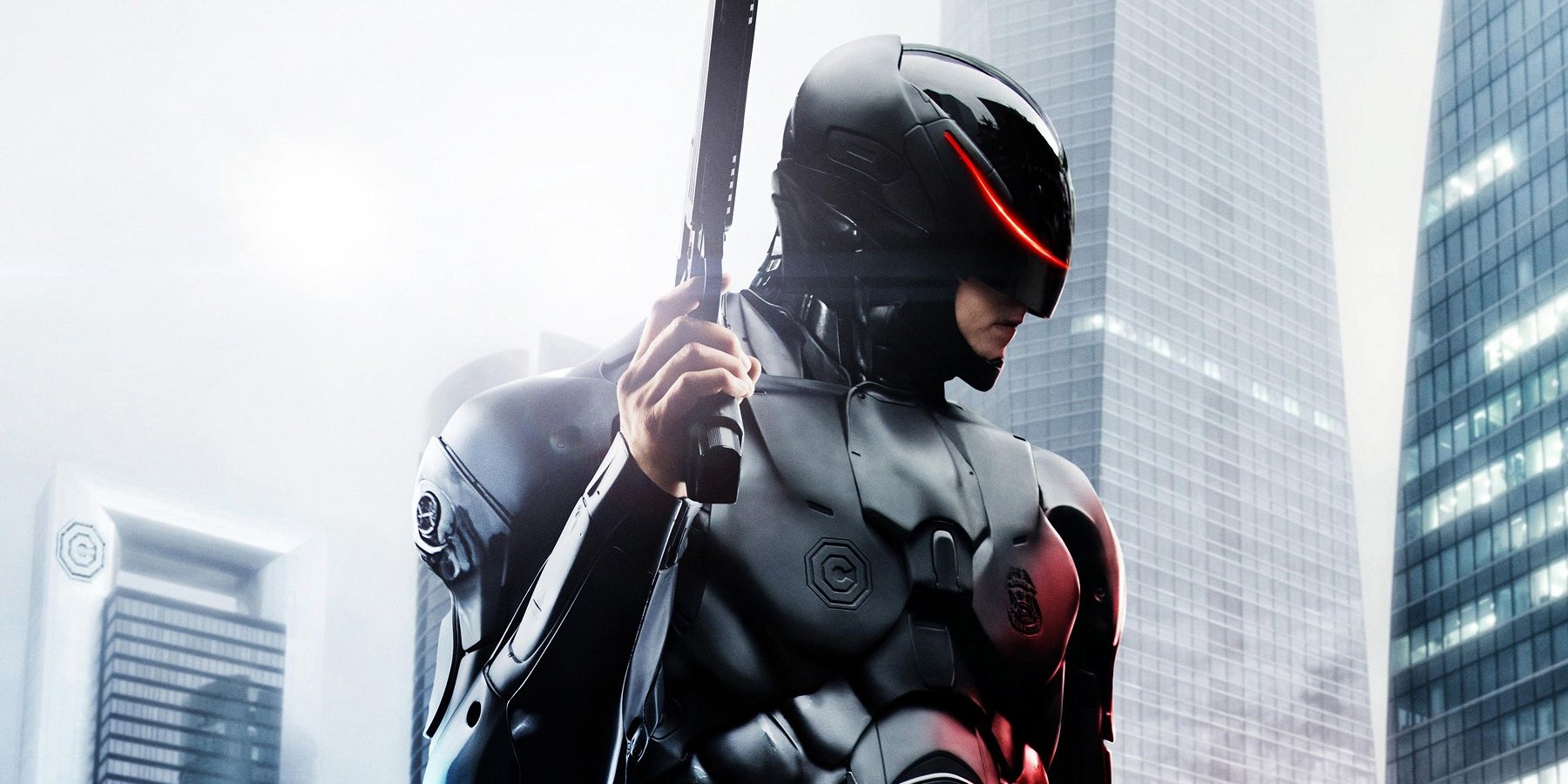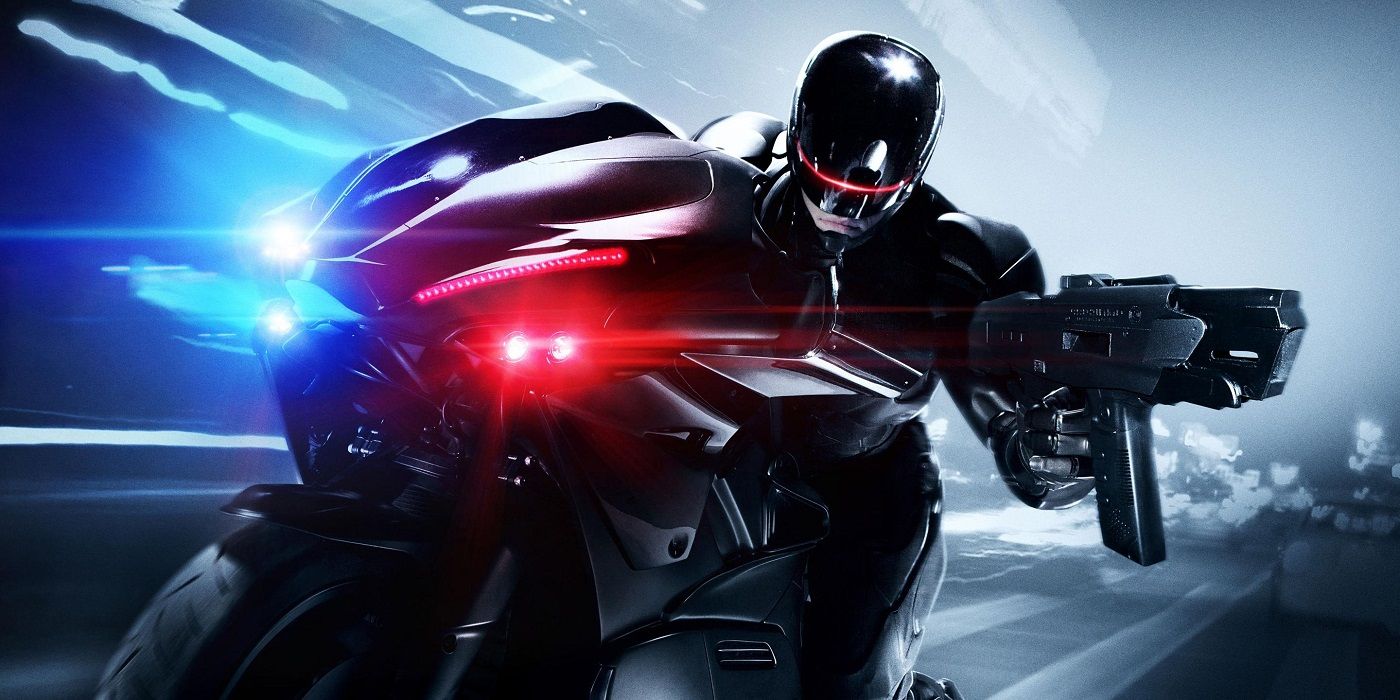While Dutch film director Paul Verhoeven hasn't really done much of note in the last couple of decades, there was a time during the 1980s and '90s where he was seen as one of the most intriguing filmmakers out there, injecting a subversive sense of humor into even his most mainstream projects. Arguably his most famous Hollywood film is 1987's Robocop, starring Peter Weller as an honest cop who is brutally killed in the line of duty, then subsequently brought back as the titular cybernetic lawman by the corporate overlords that rule a dystopian future Detroit.
Robocop was a modest hit at the time, earning over $50 million at the box office on a budget of $13 million. This success naturally spawned two sequels of varying quality, and later a TV series. As with most popular films from that era, the film has since received a remake/reboot, but unfortunately, Robocop (2014) didn't live up to the original with the masses at large, earning mixed reviews at best and barely making back half its large $100 million budget at domestic theaters. While the film did well enough overseas to stay above water financially, there has been no real movement from Sony on a follow-up - likely due to the abject indifference that franchise fans largely greeted it with.
Why did the Robocop remake underwhelm? That comes down to individual opinion, but one opinion that is likely to carry more weight on the subject than most is Verhoeven himself, since it was his unique style and filmmaking sensibilities that helped establish Robocop as one of the best sci-fi action flicks of its era. Verhoeven was asked what he thought about Robocop (2014) in a recent interview with Collider, and proceeded to break down what he feels this new take on his material got wrong:
"Somehow they seem to think that the lightness of say Total Recall and Robocop is a hindrance. So they take these somewhat absurd stories and make them much too serious. I think that is a mistake. Especially in Robocop when he awakens they gave him the same brain. He’s a horribly injured and amputated victim, which is horrifying and tragic from the very beginning. So we didn’t do that in Robocop. His brain is gone and he has only flashes of memory and needs to go to a computer to find out who he even is. I think by not having a robot brain, you make the movie much heavier and I don’t think that helps the movie in anyway. It becomes more silly or absurd, but in the wrong way. Both those movies needed the distance of satire or comedy to situate it for audiences. Playing it straight without any humour is a problem and not an improvement."
The main thrust of Verhoeven's criticism seems to be that the Robocop remake was played entirely too straight, and made a huge mistake in not playing up the subversive humor that his film did so well. His point is certainly a fair one, as despite all of the gory action scenes contained within, some of the most memorable parts of the original Robocop are based on jokes. True, these darkly funny moments - such as Robocop shooting an attempted rapist directly in the groin, or a corporate executive getting gunned down in gratuitously over the top fashion by a malfunctioning robot - aren't exactly the kind found in most Hollywood comedies, but most fans would likely agree that they inject a kind of playful insanity into the mix that the far more serious remake doesn't have.
It remains to be seen whether Sony will eventually make a sequel to Robocop (2014) or just head back to the reboot drawing board, but whenever the world does end up receiving more Robocop, it'll be interesting to see if Verhoeven's above sentiments are given any weight by the studio. After all, Sony already tried it the PG-13 serious drama way, and by most accounts failed. What do they really have to lose by trying it the absurd R-rated Verhoeven way?
Source: Collider


